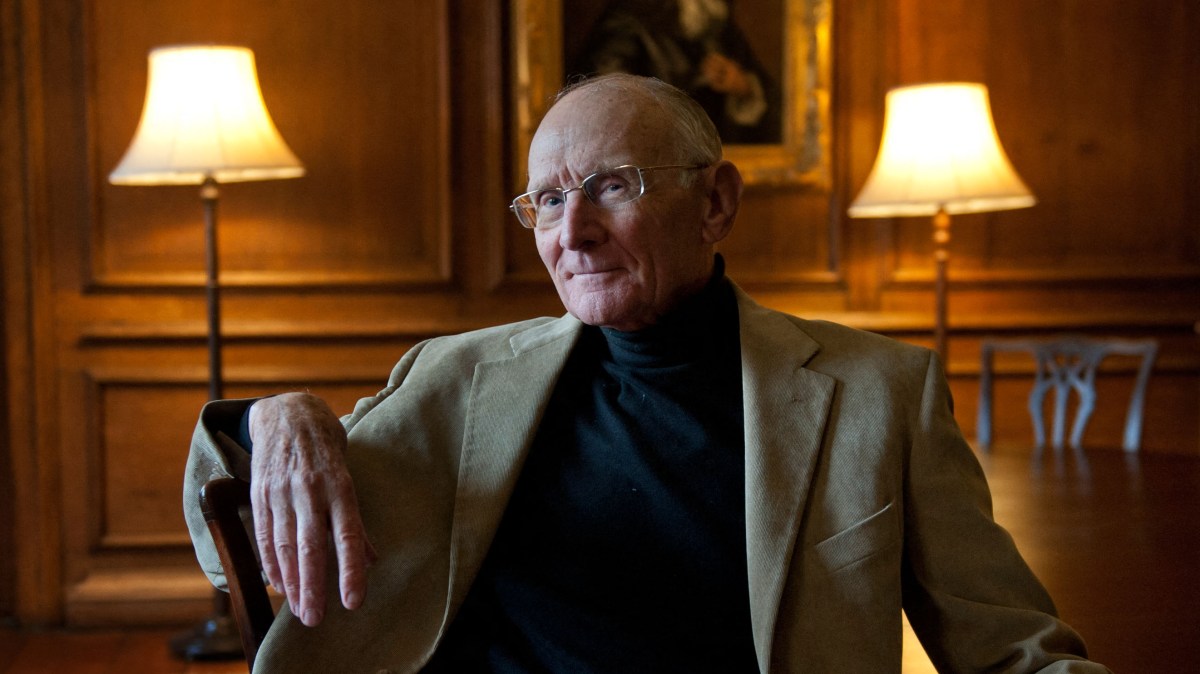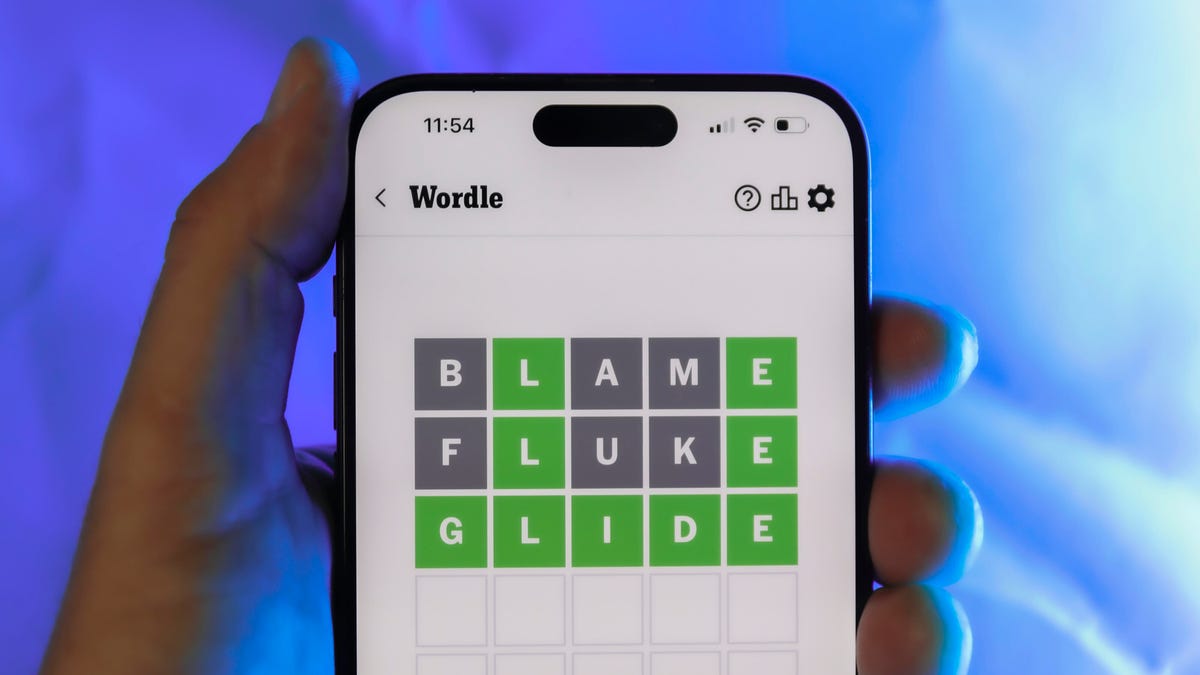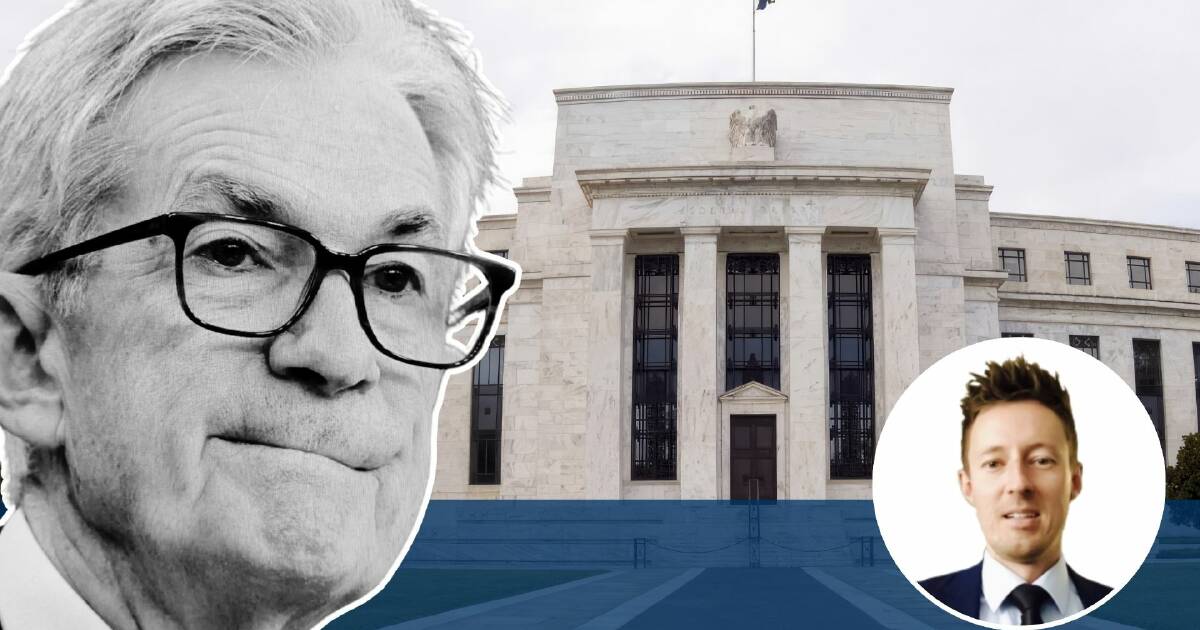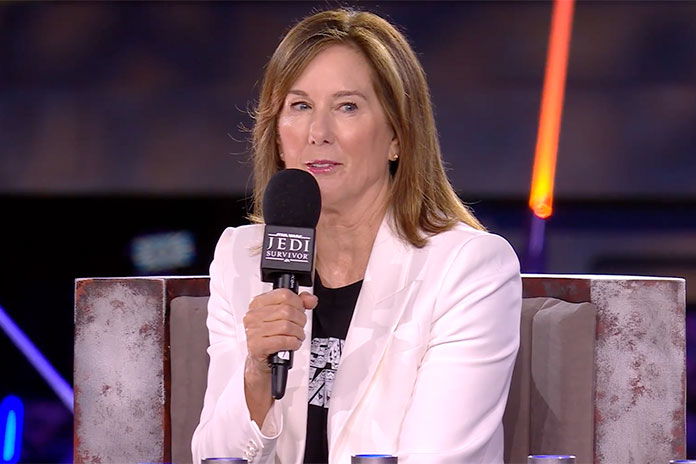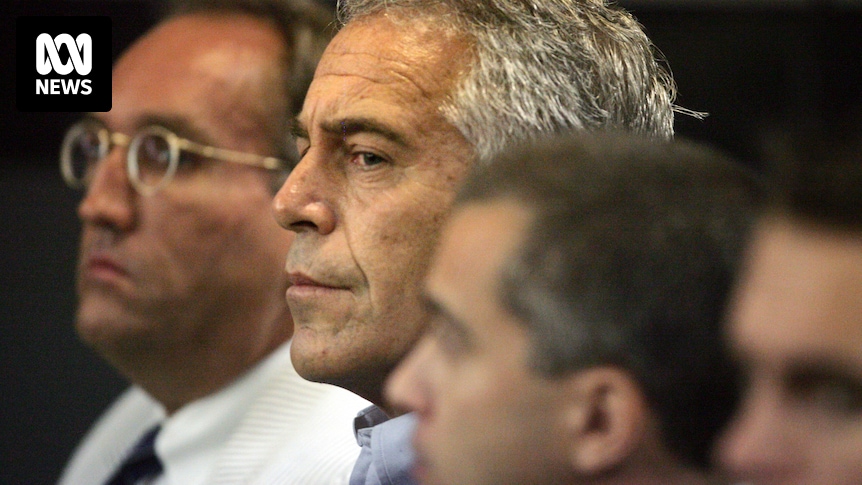
A US federal judge has rejected the Trump administration’s request to unseal grand jury transcripts related to the sex-trafficking case against Jeffrey Epstein. The ruling, issued by Judge Richard Berman in Manhattan on Wednesday, follows a similar decision by the judge overseeing the case against Ghislaine Maxwell, Epstein’s former confidante.
This decision arrives amid heightened scrutiny of the Epstein case, as the US Justice Department recently agreed to provide Congress with documents from its investigation. The House Oversight Committee has also issued a subpoena for all related documents and communications. The documents are expected to be handed over on Friday, though the specifics of what will be included remain unclear.
Judicial Consensus on Sealing Transcripts
Judge Berman’s ruling marks the third instance where a federal judge has declined to release grand jury documents related to Epstein. A similar decision was made by a Florida judge regarding a 2005-2007 investigation. These rulings collectively reject the Justice Department’s efforts to unseal records, emphasizing that the sealed documents do not contain the revelations the public seeks.
Barring a reversal on appeal, Judge Berman’s decision forecloses the possibility of grand jury testimony being released because he is the third judge to have reached the same conclusion.
President Donald Trump had advocated for the release of the transcripts amid rumors of his past associations with Epstein. The administration’s push to unseal the documents was seen as an attempt to address criticism from Trump’s supporters who demanded transparency.
Judge Berman’s Justification
In his decision, Judge Berman cited a “significant and compelling reason” for rejecting the government’s request. He argued that the grand jury transcripts were insignificant compared to the extensive investigative materials held by the Justice Department.
“The Government is the logical party to make comprehensive disclosure to the public of the Epstein Files,” Judge Berman wrote, highlighting the disparity between the grand jury materials and the broader Epstein files.
The judge noted that the grand jury testimony consisted mainly of hearsay from an FBI agent with no direct knowledge of the case. The presentation included a PowerPoint and call log, both of which remain sealed.
Ongoing Public Interest and Legal Ramifications
The Epstein case continues to captivate public attention, especially following the Justice Department’s decision not to release additional documents. This has fueled speculation and conspiracy theories, particularly among Trump’s supporters who suspect a cover-up.
Meanwhile, Ghislaine Maxwell, serving a 20-year sentence for her role in Epstein’s crimes, remains a focal point. Her recent transfer to a Texas prison camp and the ongoing legal proceedings have kept the case in the spotlight.
The House Oversight Committee’s interest in interviewing Maxwell adds another layer to the unfolding narrative. However, her legal team has stipulated conditions for any potential testimony, including immunity from prosecution.
Implications for Transparency and Justice
The Trump administration’s efforts to unseal the transcripts were part of a broader attempt to project transparency. However, the consistent judicial decisions to keep these documents sealed underscore a complex legal landscape where the pursuit of justice and transparency must be balanced.
As the case progresses, the public and legal communities continue to grapple with the implications of Epstein’s legacy and the broader issues of accountability and justice in high-profile cases. The outcome of Maxwell’s appeal to the Supreme Court, expected in late September, may further influence the trajectory of this ongoing saga.



